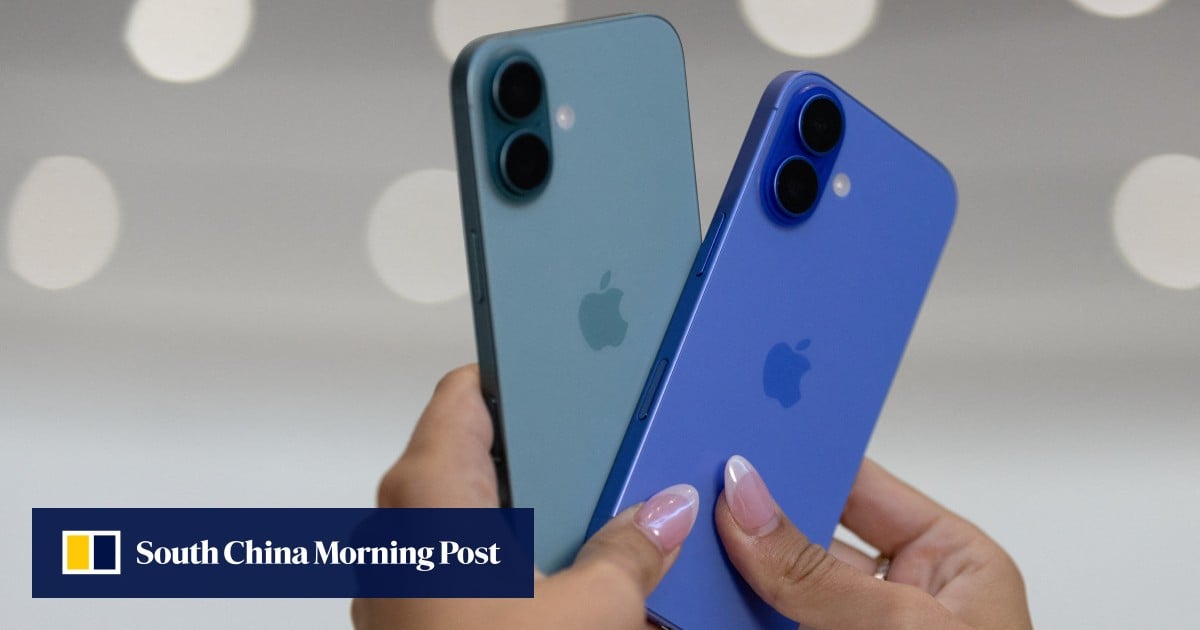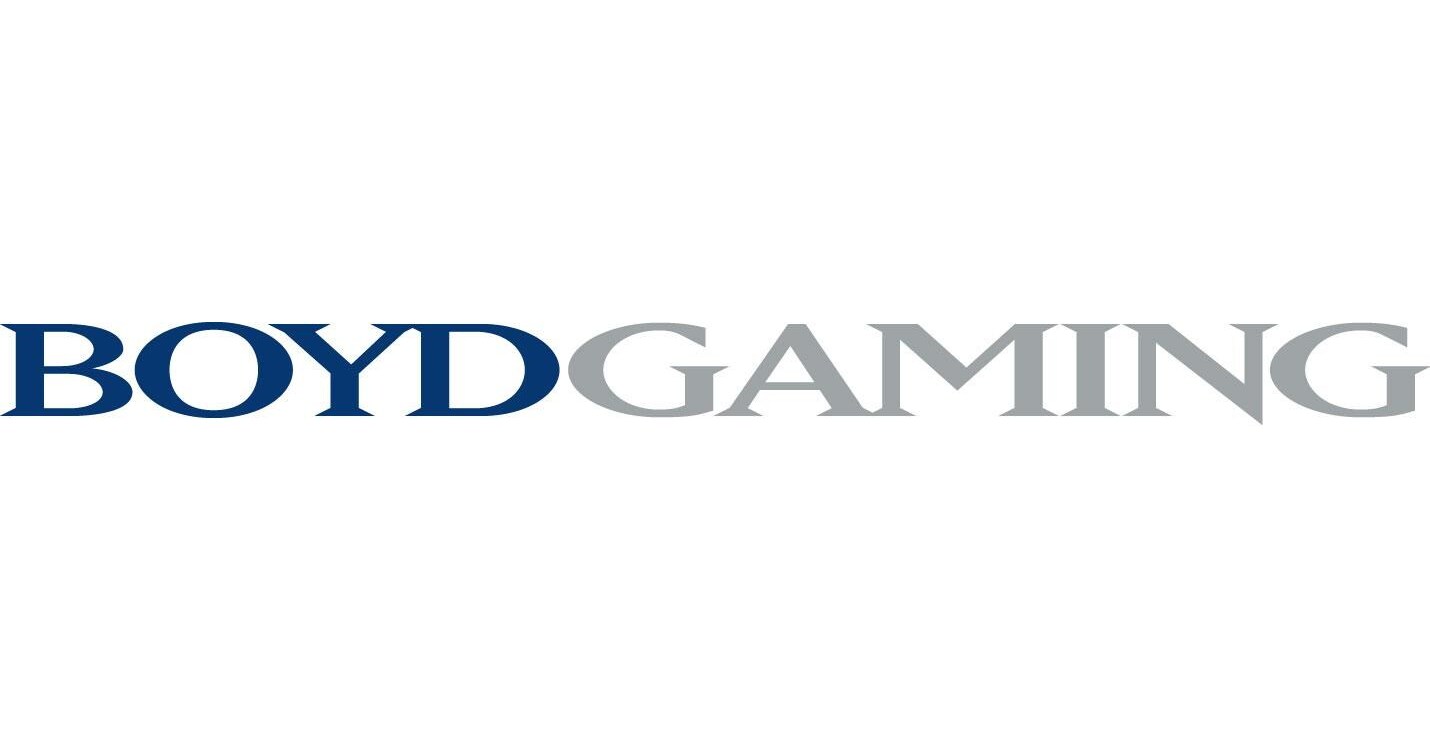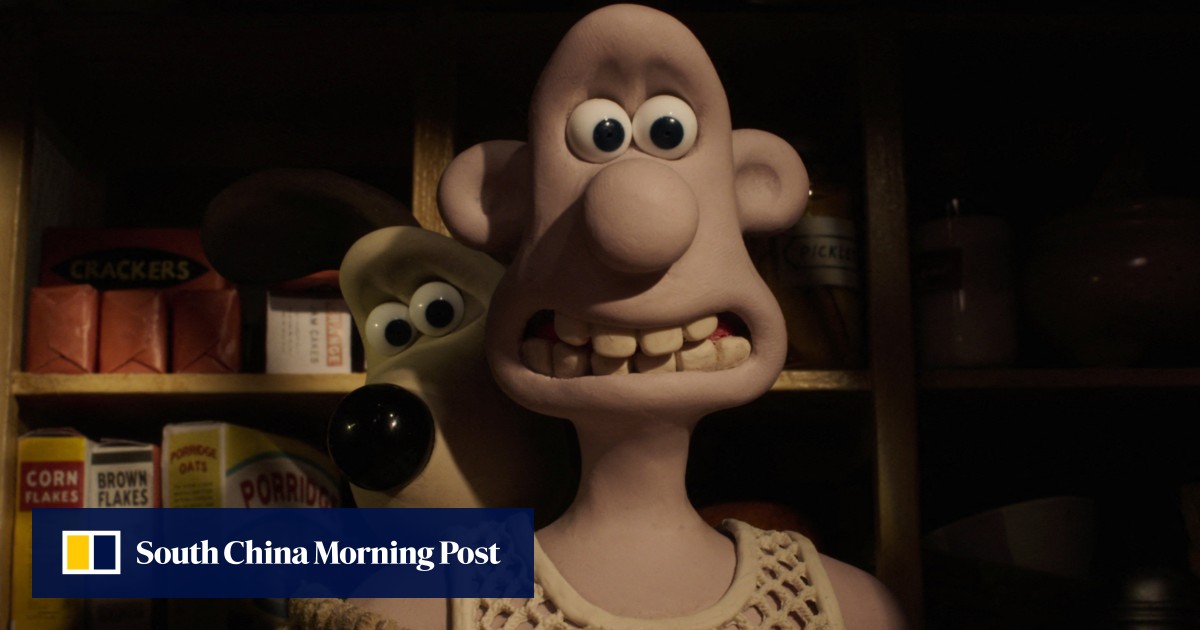A recent TikTok video has sparked a heated debate about tipping culture in the United States, with a popular US TikToker urging tourists to tip 20% when dining out. This video, created by TikToker @CarloAndBailey, has drawn criticism from both Americans and international viewers, particularly those from countries where tipping is not customary.
In the United States, tipping is a crucial component of income for many hospitality workers. Unlike in many other countries, where service charges may be included in the bill, American waitstaff rely heavily on tips to make a living. The federal minimum wage for tipped employees is a mere $2.13 per hour, significantly lower than the standard minimum wage. This discrepancy means that tips are essential for these workers to make ends meet.
The video by @CarloAndBailey aimed to educate tourists about this aspect of American culture. “When you go to the USA, and you are a tourist, and you’re not used to tipping, but then you go to a restaurant, and then you see the little tip line, if you put zero dollars and zero cents, a portion of that meal is going to be taken out of the server’s paycheck,” she explained in her video. She emphasised that while it might not seem fair, it is the reality of the system, and refusing to tip only harms the hardworking waitstaff.
She also addressed the broader issue, acknowledging the need for reform in the tipping system: “Do I think that America needs a little bit of reform, especially regarding our tipping culture? Yes. Do I think it’s getting out of control? Yes.” However, she stressed that until such reform occurs, it is not the responsibility of tourists to challenge the system by refusing to tip.
The Broader Impact of Tipping Culture
The TikTok video highlights a broader discussion on the tipping culture in the United States. In a CNBC article, money experts have noted a shift in tipping expectations, particularly during and after the COVID-19 pandemic. As service industry workers faced increased hardships, customers began tipping more generously as a gesture of support. However, this has also led to “tip fatigue,” where consumers feel overwhelmed by constant tipping requests.
Financial advisor Winnie Sun notes that tipping generously became more common as a way to help workers struggling during the pandemic. Yet, the growing expectation to tip in various situations, such as takeout orders and other non-traditional tipping scenarios, has led to a reevaluation of tipping norms.
Tipping Culture in the UK
The situation is quite different in the UK, where tipping is far less ingrained in the culture. According to Talent.com, the average hourly wage for a waiter in the UK is £12.55, which is considerably higher than the tipped minimum wage in the US. Consequently, customers in the UK are not expected to tip as a matter of course.
Laura Windsor, the founder of an etiquette academy, told CNBC that service charges are often added to bills in the UK, and customers are not obliged to pay this charge if the service has been unsatisfactory. “Most establishments will add a discretionary charge automatically,” Windsor explained. “You are not obliged to pay the surcharge if the service has been less than satisfactory and you can ask for the charge to be taken off the bill if you were truly unhappy about the service.”
Jo Bryant, an etiquette expert, added that tipping in the UK is typically reserved for exceptional service or special occasions. “We also tend to give a one-off tip to those who supply a regular service to us – for example, domestic cleaners – at Christmas,” she said. However, she noted that there are particular situations in which Americans would always tip while Brits would never, such as in coffee shops, pubs, or bars.
The Backlash
The TikTok video received mixed reactions. Many viewers criticised the expectation of tipping, arguing that it should not be the customer’s responsibility to supplement the wages of employees. Some international viewers found the tipping culture in the US to be confusing and excessive, pointing out that in their home countries, service staff are paid a fair wage without the need for tips.
However, some supporters of the video appreciated the effort to educate tourists about the American tipping system. They argued that understanding and respecting local customs is part of being a considerate traveller.
The debate over tipping is part of a broader conversation about fair wages and labour practices in the US service industry. Critics of the current system argue that relying on tips allows employers to pay lower wages and perpetuates income instability for workers. Advocates for reform suggest that raising the minimum wage for tipped employees and eliminating the reliance on tips would create a fairer and more sustainable system.







